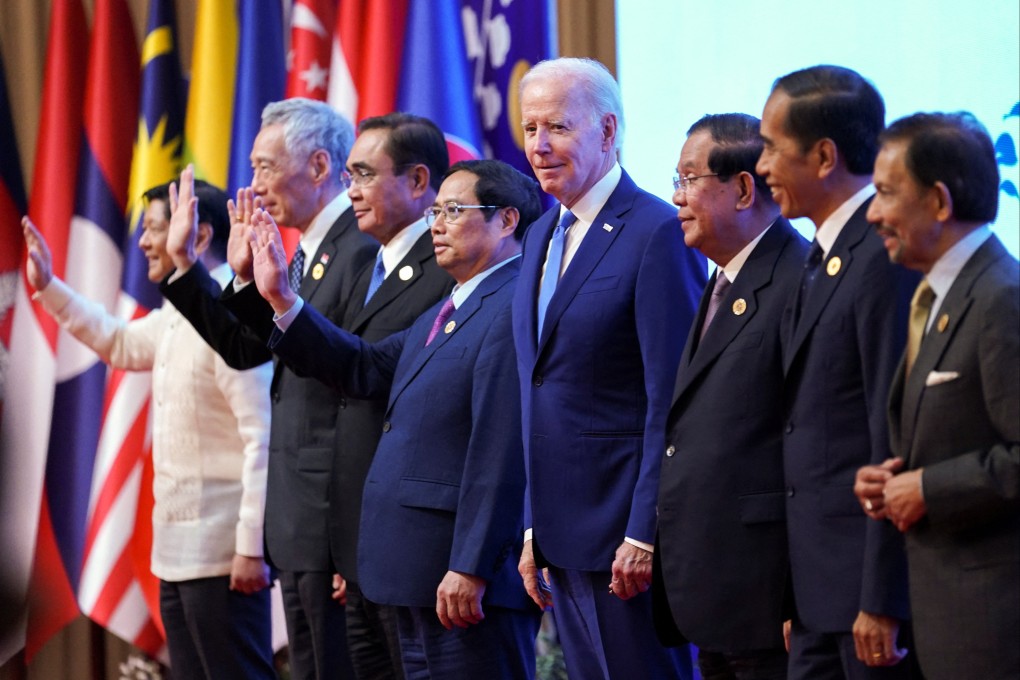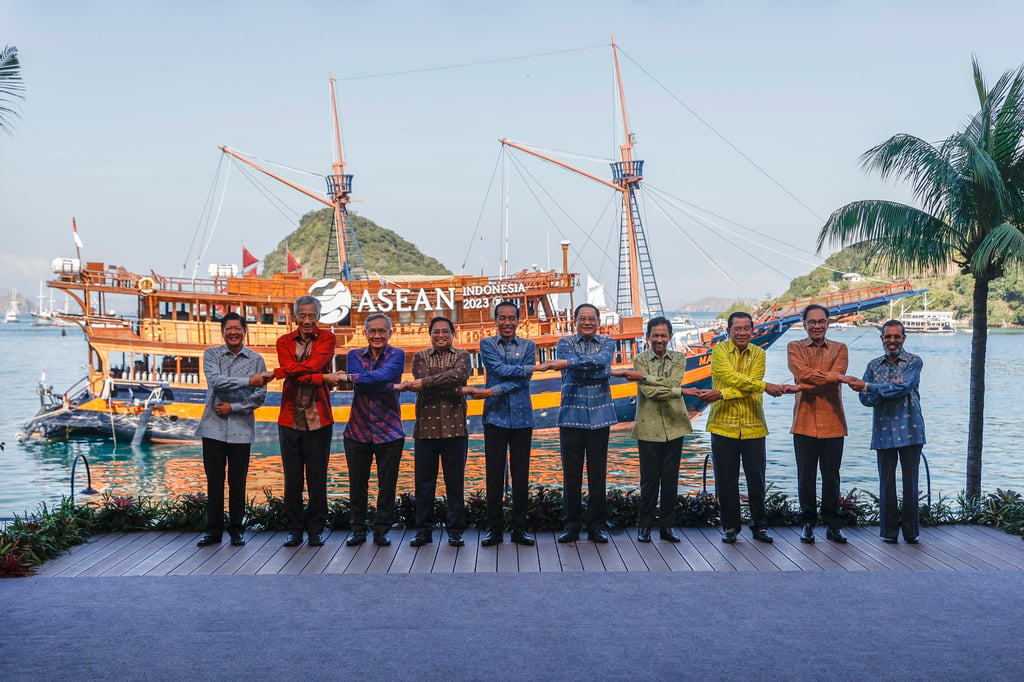Advertisement
Opinion | Why the US must look beyond its rivalry with China and engage Southeast Asia on its own merits
- Washington is onto a ‘non-starter’ if it tries to turn Asean into an anti-China grouping, seasoned ex-US diplomat Scot Marciel writes in his new book
- America needs to be a ‘consistent, reliable and good partner’, he argues – and engage Southeast Asia as the growing, pivotal region that it is
Reading Time:4 minutes
Why you can trust SCMP
2

In November 2011, US president Barack Obama announced that United States foreign policy would make a “pivot” to Asia. But then in January 2017, a key part of that pivot – greater economic interaction – was reversed, as just-inaugurated president Donald Trump launched his “America First” agenda by yanking the US out of what he labelled the “job-killing” Trans-Pacific Partnership.
Damage from the abandonment of the TPP was hefty. The prospects for the US to seriously boost trade with Asia were dented, trust in the US took a hit and the way was left open for non-TPP member China to expand its already-substantial trade and economic links with the 10 members of the Association of Southeast Asian Nations.
Trump did not much care about Asean, even though the member states have more than 675 million people and together form a major part of the global economy. As US president he generally disdained multilateral groups and skipped most Asean summits and other big Asian regional meetings, which the leaders of China, Japan and South Korea never missed. He also left some key ambassadorships open for years.

The no-shows definitely upset Asean leaders, as personal relationships can really matter in Southeast Asia, where “being there” is important. In a 1979 movie satirical film with that title, Peter Sellers plays a simple gardener whose comments on plants and growing somehow lead to him being considered a good candidate for the US presidency.
President Joe Biden’s administration recognises the importance of being there. And it is trying to grow economic engagement through the 14-member Indo-Pacific Economic Framework for Prosperity; but because it does not give widened market access, the grouping – including seven of Asean’s 10 members – is unlikely to generate much enthusiasm.
A big problem is that protectionist and anti-China sentiments are much stronger and deeper in the US than when Obama launched his pivot. Biden will not push trade liberalisation measures, and even if he could, they might be wiped out in 2024, should the US election be won by Trump.
Deteriorating relations between the US and China have generated more attention than usual in Southeast Asia, where each country has its own view of Beijing and Washington. In recent years, there has been a crop of good books focusing on China’s sometimes-fraught relations with Southeast Asia, and now there is one specifically on US ties with the region.
Advertisement
